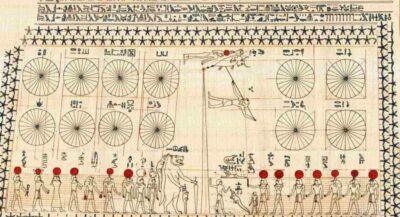A calendar is a system of organizing days. This is done by giving names to periods of time, typically days, weeks, months and years. A date is the designation of a single, specific day within such a system. A calendar is also a physical record (often paper) of such a system. A calendar can also mean a list of planned events, such as a court calendar or a partly or fully chronological list of documents, such as a calendar of wills. You will use calendars in your Campus Apartment Rental at Ohio University.
Campus Apartment Rental
Periods in a calendar (such as years and months) are usually, though not necessarily, synchronized with the cycle of the sun or the moon. The most common type of pre-modern calendar was the lunisolar calendar. We describe it as a lunar calendar that occasionally adds one intercalary month to remain synchronized with the solar year over the long term.
The term calendar is taken from kalendae, the term for the first day of the month in the Roman calendar, related to the verb calare ‘to call out’, referring to the “calling” of the new moon when it was first seen. Latin calendarium meant ‘account book, register’ . The Latin term adopted in Old French as calendier. From there in Middle English as calender by the 13th century.
The course of the sun and the moon are the most salient natural, regularly recurring events useful for timekeeping, thus in pre-modern societies worldwide lunation and the year were most commonly used as time units. Nevertheless, the Roman calendar contained remnants of a very ancient pre-Etruscan 10-month solar year. The first recorded physical calendars, dependent on the development of writing in the Ancient Near East, are the Bronze Age Egyptian and Sumerian calendars.
Apartment Calendar
The Vedic India developed a sophisticated time keeping methodology and calendars for Vedic rituals. According to Yukio Ohashi, the Vedanga calendar in ancient India was based on actual astronomical studies during the Vedic Period. Not derived from other cultures. A large number of Ancient Near East calendar systems based on the Babylonian calendar date from the Iron Age, among them the calendar system of the Persian Empire, which in turn gave rise to the Zoroastrian calendar and the Hebrew calendar.A great number of Hellenic calendars developed in Classical Greece, and in the Hellenistic period gave rise to both the ancient Roman calendar and to various Hindu calendars.
The Roman calendar reformed by Julius Caesar in 46 BC. The Julian calendar was no longer dependent on the observation of the new moon. It followed an algorithm of introducing a leap day every four years. This created a dissociation of the calendar month from the lunation. The Islamic calendar is based on the prohibition of intercalation by Muhammad, an Islamic tradition dated to a sermon held (Julian date: 6 March 632). This resulted in an observation-based lunar calendar that also shifts relative to the seasons of the solar year.
Reform
Lastly, the first calendar reform of the early modern era was the Gregorian calendar. Introduced in 1582 based on the observation of a long-term shift between the Julian calendar and the solar year. You can reform your own calendar in the comfort of your Bobcat Rentals student housing.



